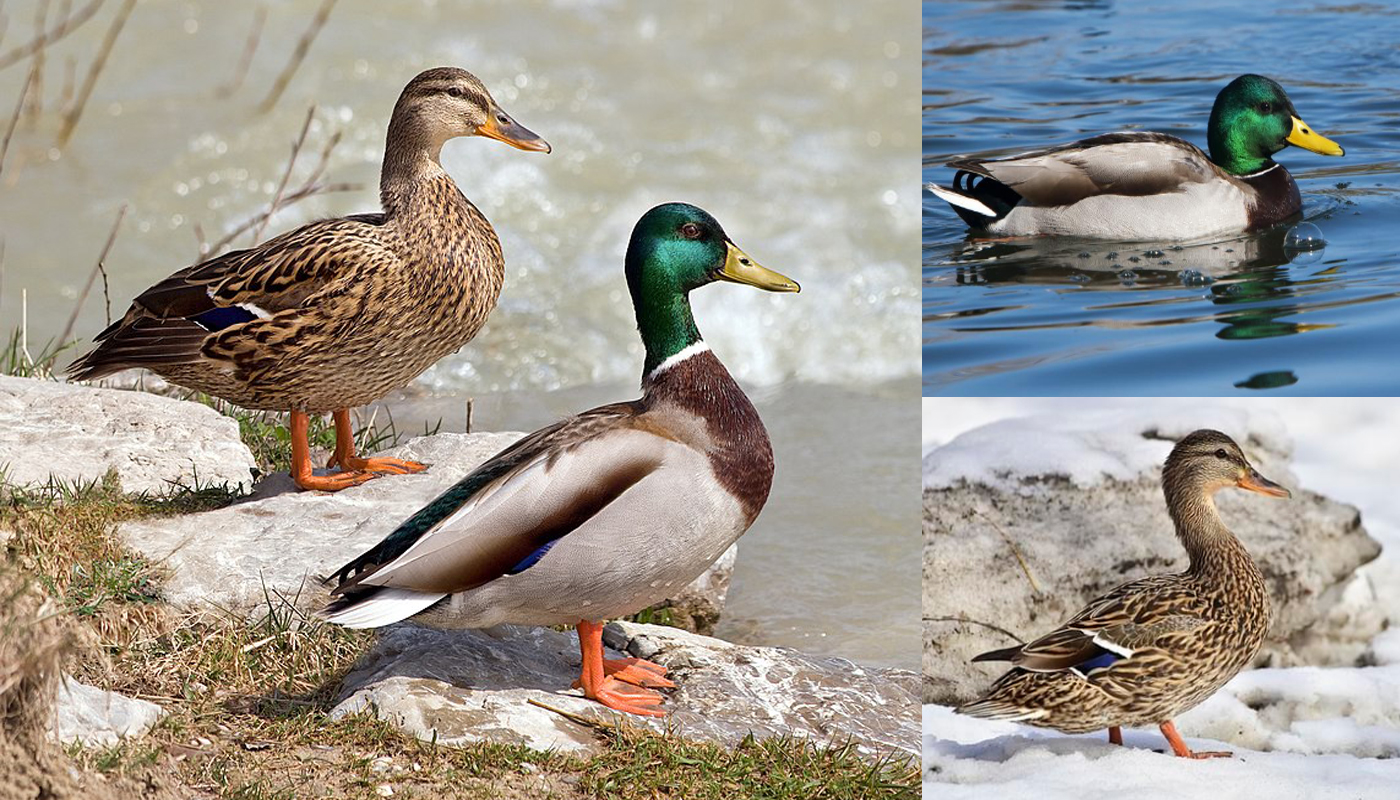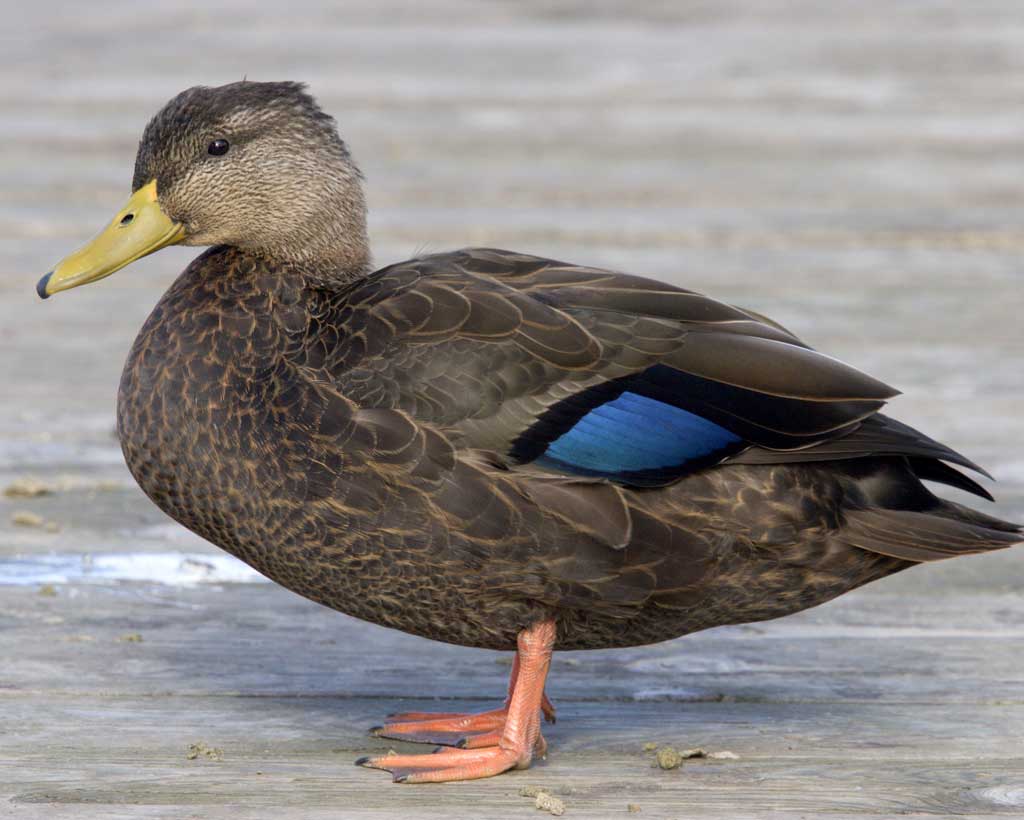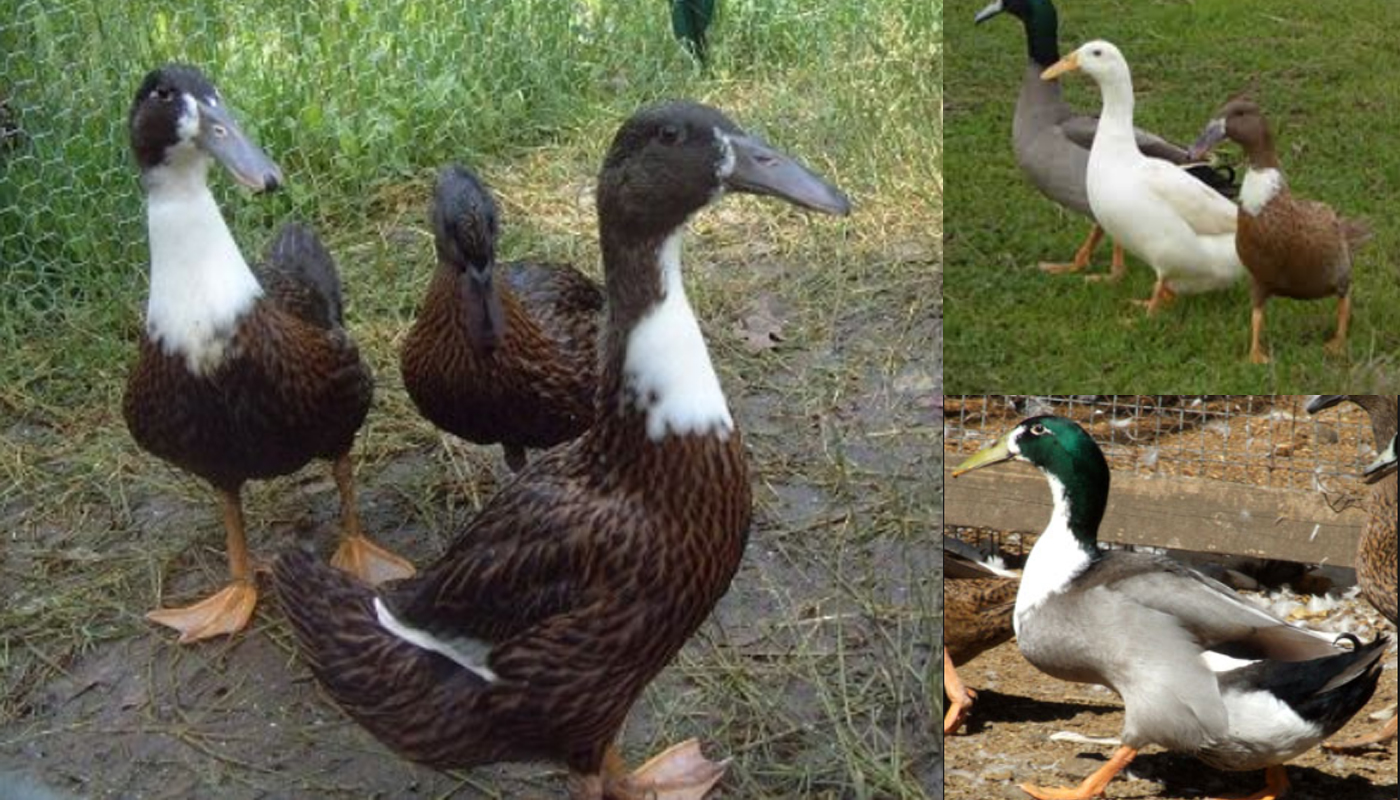
This beautiful ducks’ origins are from the United States. The Cayuga is a very popular exhibition, egg and meat bird.
They have a wonderful character and very calm docile birds that lay a good number of black or grey shelled eggs. Their beautiful plumage makes them great ornamental birds that are quite prized poultry shows.
Their meat is of the highest quality and is said to be quite deliciously tasty too.
The Cayuga drakes are sometimes mute, but the female of the species makes up for him not being able to chat and is quite a loud bird.
An all-around great pet, utility and show bird that is an excellent forager, can fend for itself and makes a good starter duck.
GENERAL INFORMATION |
|
|---|---|
| Country of Origin: | North America |
| American Poultry Association: | yes Recognized by the American Poultry Association |
| Duck Category: | Medium |
| Duck Class: | American |
| Colors: | Black, Date of acceptance: 1874 |
| Good starter duck? | Yes |
| You may Also Like: | TOP 10 GOOD STARTER DUCK BREEDS |
| Bantam Variety Available? | No |
| You may Also Like: | 10 BEST BANTAM DUCK BREEDS |
APPEARANCE / IDENTIFICATION
| DUCK BITS | DESCRIPTION | COLOR | |||||||
|---|---|---|---|---|---|---|---|---|---|
| EYES⇒ | Same for M & F | Dark Brown | |||||||
| BILL⇒ | Same for M & F | Olive/Black | |||||||
| * Black bean tipped | |||||||||
| CRESTED? | No | ||||||||
| LEGS⇒ | Same for M & F Short Length |
Light Black to Black | |||||||
| As they get older their legs tend to turn an orange color | |||||||||
| FEET⇒ | Same for M & F Medium Sized |
Light Black to Black | |||||||
| Will start to turn an orange as they age | |||||||||
| WINGS⇒ | Same for M & F | Black with a green sheen | |||||||
| They sometimes start to turn white with age | |||||||||
| FEATHERS⇒ | Same for M & F | Black with a green sheen | |||||||
| The male’s head has a lot more green. Both M & F feathers start to go white as they get older |
|||||||||
| SKIN COLOR⇒ | Same for M & F | White | |||||||
| Can go yellowish depending on what they are fed | |||||||||
| AVERAGE WEIGHT⇒ |
|
||||||||
| *Bean: This is also called the nail. It is a small round bump found at the end of the duck’s bill. It is used for defence and to catch insects. It is almost like a fingernail and is damaged can grow back. It can also get overgrown much like fingernails if they do not have something to grind it down on. | |||||||||
| ** Note: This is an average weight for the male duck and not a guaranteed weight | |||||||||
USE/PURPOSE |
||||||||||||||||||||||||||||||||||||
|---|---|---|---|---|---|---|---|---|---|---|---|---|---|---|---|---|---|---|---|---|---|---|---|---|---|---|---|---|---|---|---|---|---|---|---|---|
Females/Hens⇒ |
Eggs, Breeding, Show and Meat. They make a good starter duck and pet
|
|||||||||||||||||||||||||||||||||||
Males/Drakes⇒ |
Meat, Breeding, Show and pets
|
TEMPERAMENT |
|
|---|---|
| “Sweet, calm and gently” | |
| Good with Kids? | They are very good around supervised kids |
| You may Also Like: | 10 BEST DUCK BREEDS TO KEEP AS FAMILY PET |
| Flyers? | No |
| Noisy Birds? | No, they are said to be the quietest of duck breeds |
| Interact with other ducks? | They seem shy, but they will mingle with other ducks |
| Best duck breeds to mix them with: | Any domesticated breed of duck . |
| Other animals? | Must be watched around cats and dogs. But they tend to shy away from them |
IDEAL ENVIRONMENT |
|
|---|---|
| “They are a hardy breed that likes to forage and fend for themselves. So, like a bit of ground to do so” | |
| Ideal Garden Size? | Medium to large |
| Can be Confined? | They like to be out foraging about |
| Free-Range | This is ideal for them |
| Penned Free-Ranging? | Would have to be large enough to keep them happy |
| Foragers | They are exceptionally good at foraging. |
| Endures heat well | Yes |
| Endures cold well | Yes |
| Special Requirements? | No |
| Ideal Duck House: | Any good well-sized hutch that is well ventilated, insulated and secure |
| Ideal Duck Pond: | They like a nice pond or splash pool |
| Flock/Paddling Size: | Two or more |
| You may Also Like: | 22 Best DOMESTIC DUCK BREEDS |
GOOD TO KNOW |
|
|---|---|
| Special Care/Attention Requirements? | They have no special needs |
| Known Predators: | Check with animal control in your area for known predators |
| Conservations Status: | Not Listed For more information on poultry, conservation status, check the American Livestock Conservancy Website |
| Breeders Clubs: | It is best to check with the American Poultry Association for various clubs and or organizations. |
| Where to buy them: | Purely Poultry, My Pet Chicken, Cackle Hatchery, Metzer Farms or check with your local poultry dealers and or farmers, the APA or check with the American Livestock Conservancy |
| Other: | If you do not want to risk having your ducks shipped check with your local poultry farms for advice on your nearest supplier. |
HISTORY
The Cayuga originated in the United States of America and is named after Lake Cayuga. Lake Cayuga can be found in the Western Part of New York.
Although it has quite a long and complex history this breed was developed in the mid-19th century. It was developed from a cross of Rouen and East Indie ducks.
The duck was imported to the United Kingdom in 1851 where it was accepted and recognized by the British Standards in 1907.
The Cayuga duck had been accepted into the Standard of Perfection by the American Poultry Association in 1874.
This duck is completely black including its bill, legs and feet. In the sun the duck’s feather glow and deep glossy beetle green.
The meat of this duck is said to be really good although the carcass is hard to clean because of the black feathers. This may leave some dark feathers behind on the skin of the duck and is why white duck varieties are better for meat production.
Health
They do not have any known health issues. They are said to be the hardiest of domestic duck breeds
- Ducks need water to ensure they do not get “wet feather” disease. This is where the preening gland dries out. Water also stops them from getting pests such as mites, fleas, ticks, lice, etc.
- Well, fed ducks should hardly have any health issues.
- Any birds kept in a flock need to be dewormed. Although ducks are not as prone as other poultry they should still have a de-worming regime. Speak to a local vet or poultry experts for advice. Our article on Healthy Ducks has some great tips and advice on de-worming ducks.
 Mallard Duck Breed – Everything You Need to Know
Mallard Duck Breed – Everything You Need to Know Ancona Duck Breed – Everything You Need to Know
Ancona Duck Breed – Everything You Need to Know Blue-Winged Teal – Wild Dabbling Duck Breed
Blue-Winged Teal – Wild Dabbling Duck Breed Domestic Duck breeds that are or are Fast Becoming Quit Rare
Domestic Duck breeds that are or are Fast Becoming Quit Rare American Black Duck – Wild Dabbling Duck Breed
American Black Duck – Wild Dabbling Duck Breed Keeping Backyard Ducks – Pros and Cons
Keeping Backyard Ducks – Pros and Cons Muscovy Duck Breed – Everything You Need to Know
Muscovy Duck Breed – Everything You Need to Know Rouen Duck Breed – Everything You Need to Know
Rouen Duck Breed – Everything You Need to Know Pomeranian Duck Breed – Everything You Need to Know
Pomeranian Duck Breed – Everything You Need to Know Bantam and Miniature Duck Breeds
Bantam and Miniature Duck Breeds Saxony Duck Breed – Everything You Need to Know
Saxony Duck Breed – Everything You Need to Know Hookbill Duck Breed – Everything You Need to Know
Hookbill Duck Breed – Everything You Need to Know